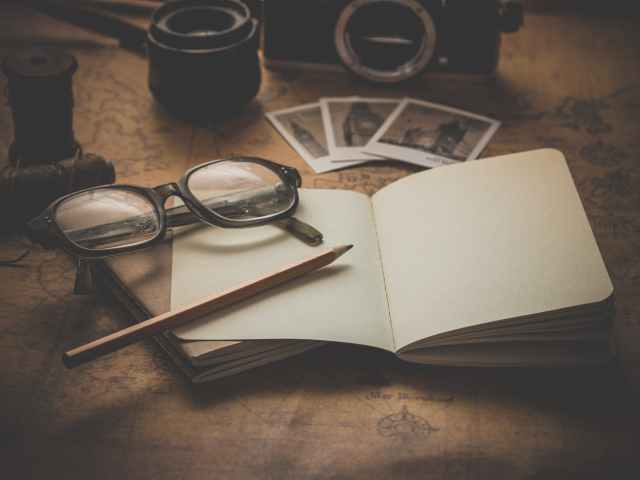
Photo by Pixabay on Pexels.com
I recently gave a workshop during Canterbury Festival on diaries and how they can help writers as sources of both inspiration and research.
If you are thinking of writing fiction in the first person, a diary could provide a convenient framework for your story.
Reading other people’s diaries will also enable you to get a feel for a particular period or personality.
This is the first of a series of blogs on diaries which resulted from my research on that subject.
What is a diary?
Where does the word ‘diary’ come from? The Online Etymology Dictionary gives a useful definition which it links to the 1580s. This is as follows:
Diary: “An account of daily events, a journal kept by one person of his or her experiences and observations”, from Latin ‘diarium’ ‘daily allowance’, later ‘a journal’, neuter of ‘diarius’ ‘daily’, from ‘dies’ ‘day’.”
The entry states that a diary, in the “sense of a book with blank leaves or dated pages meant for keeping a daily record of events” dates to c. 1600.
A brief history of diaries
There is some dispute as to who wrote the earliest diary. Some writers claim that it was Marcus Aurelius who wrote his Meditations in the 2nd century AD.
However, others contend that diaries emerged from the Middle East and East Asia in the form of traveller’s accounts of their experiences and observations.
The earliest recorded example of one of these diaries is that of the Chinese scholar Li Ao who kept a nine-month record of a journey made with his pregnant wife through southern China in 809.
However, it is the Arabic traveller Ibn Banna in the 11th century who is generally credited with writing the first recognisably modern diary arranged in date order.
The first English diary
The first recorded diary written in English comes some time later. We do not have the name of its author. He is known only as ‘One of the Suite of Thomas Beckton’. However, it is clear that he was a diplomat engaged in a trip to France and tasked with arranging the marriage of King Henry VI to the Count of Armagnac’s daughter. His record runs from June 1442 to January 1443.
So far, apart from Marcus Aurelius, we can see that diaries often related to people’s observations of the world and events around them.
But there were other antecedents of diaries and these reflected the purely personal element of this kind of writing. For instance, medieval mystics recorded their spiritual experiences. These are intimate account of an individual’s thoughts, beliefs and philosophy. They record an inward journey rather than an outward one; spiritual rather than physical.
Although she did not write a diary as such, one famous English example is the 14th century mystic Marjery Kempe. Marjery came from a prosperous, middle-class background. After had difficulties when giving birth, Marjery went to confession which turned out to be a very traumatic event. After this she saw visions of Jesus. She visited mystics and made long pilgrimages to Jerusalem, Santiago di Compostela and Gdansk. Being illiterate did not stop her from dictating her experiences to scribes and these writings were compiled into a book. While not a diary, this gives an intimate insight into Marjery’s life, beliefs and travels. It is a forerunner of the kind of personal reflections later recorded in diaries. Marjery combines both the inward and the outward journeys.
To summarise: diaries consist of two main threads:
- a) looking inwards – the intimate thoughts and reflections of the writer;
- b) looking outwards – observations made by the writer relating to what they see and experience in the world around them.
My next blog will take a closer look at the 17th century which saw the true flowering of the diarist’s art.
In the meantime, consider how a diary might work for you. For instance, I keep an editing diary to help me keep track of the welter of material that I am organising for my next book.
A gardening diary can also prove useful for tracking progress and recording ideas. For instance, can you remember where it was that you meant to plant next year’s bulbs? Or what was it that worked really well – or not – in your garden this year?
A travel diary can also be a valuable aide memoire for remembering experiences and recording places that you would like to re-visit. For writers, such diaries are a valuable source of information for scenes and settings.
Whatever you decide to do, enjoy it and keep writing!
